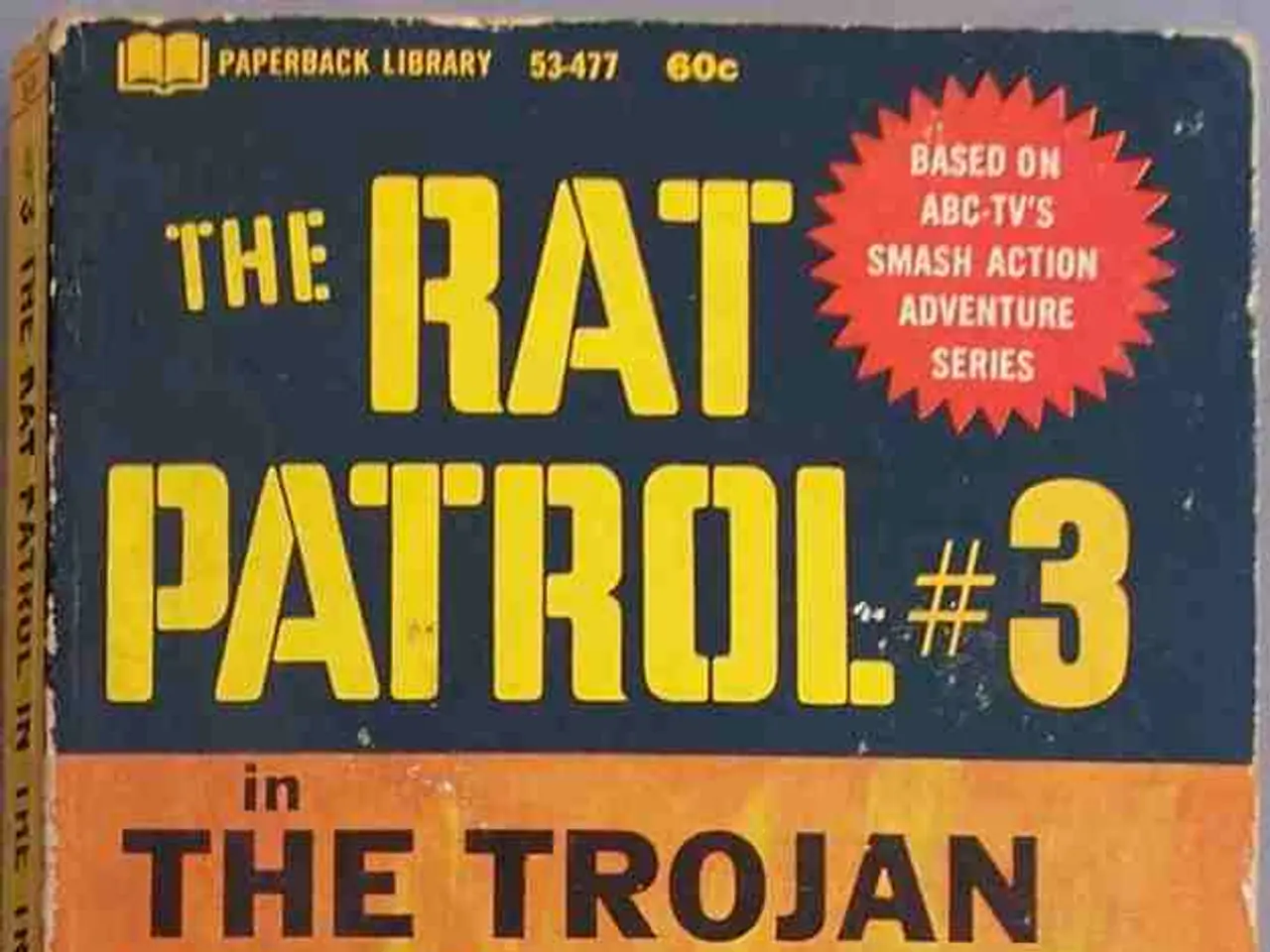Reason for Napoleon's Defeat in Russian Campaign
Napoleon's Invasion of Russia: A Disastrous Campaign
In 1812, Napoleon Bonaparte, the self-crowned Emperor of the French, embarked on a fateful campaign that would result in one of the greatest military disasters in history. With a massive multinational force of up to 600,000 troops, Napoleon aimed to teach Tsar Alexander I of Russia a lesson through force rather than diplomacy.
However, the Russian army, under the leadership of generals like Kutuzov, employed a scorched earth strategy. They retreated while destroying supplies and burning Moscow to deny resources to the French invaders. When Napoleon's troops finally occupied Moscow, they found the city largely evacuated and then devastated by fire, leaving them without shelter or provisions.
As winter approached, the lack of supplies became catastrophic. The army faced extreme hunger, freezing temperatures, and a relentless spread of disease, which modern genetic research shows was not only typhus but also multiple pathogens spread by lice and poor conditions. These factors decimated the troops during their desperate retreat, with at least 300,000 soldiers dying from starvation, cold, disease, and combat-related causes between October and December 1812 alone.
The Grande Armeé, once a powerful and disciplined force, became a ragged, starving mob during the retreat. Many soldiers were conscripts with little loyalty to Napoleon or France. Thousands died during the retreat, and many more were captured or deserted. The scorched earth policy of the Russian army forced the French to rely on increasingly strained supply lines.
The strategic miscalculations, logistical failures, Russian strategy of attrition, and the relentless brutality of the environment combined to turn the invasion into a catastrophic defeat. The Grande Armée, with over 600,000 men from across Europe, was reduced to fewer than 100,000, with many of those being wounded, crippled, or too weak to fight again.
Napoleon's army was decimated, and his reputation was tarnished by the end of the campaign. The Battle of Borodino, although technically a victory for Napoleon, was Pyrrhic, as the Russians withdrew in good order, preserving their army, while the French were too battered to continue offensive operations. Moscow was deliberately set on fire by Russian arsonists, resulting in three-quarters of the city being destroyed.
The reasons for Napoleon's defeat in Russia are complex, but they include logistical failures, strategic miscalculations, the Russian strategy of attrition, and the relentless brutality of the environment. This catastrophic defeat marked a turning point in the Napoleonic Wars and had far-reaching consequences for Europe and the world.
Meanwhile, Tsar Alexander I of Russia reopened trade with Britain in 1810, weakening Napoleon's stranglehold on the continent. The Continental System, a trade embargo that banned European nations from trading with Britain, was a key part of Napoleon's foreign policy, and its failure was a significant blow to his ambitions.
The Napoleonic Wars would continue for several more years, but Napoleon's invasion of Russia in 1812 was a crucial turning point. The disaster in Russia marked the beginning of the end for the Napoleonic Empire and the start of a new era in European history.
- The failure of the Continental System, a significant part of Napoleon's foreign policy, was attributed to Tsar Alexander I of Russia reopening trade with Britain in 1810.
- The scorched earth policy employed by the Russian army, led by generals like Kutuzov, during Napoleon's invasion of Russia in 1812, forced the French to rely on increasingly strained supply lines.
- The cultural impact of the war-and-conflicts was profound, as the Napoleonic Wars, particularly the disastrous invasion of Russia, marked a turning point in European history.
- Napoleon's poor financial management of resources during his invasion of Russia in 1812, combined with the devastation caused by war and disease, led to a significant decline in the size and strength of the Grande Armée.




